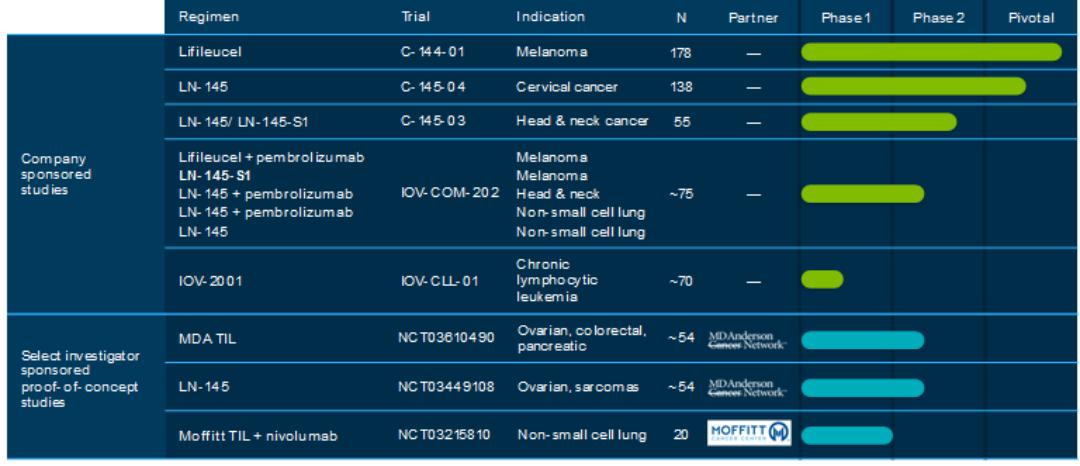Later discovery of previously unknown problems with our product candidates, including adverse events of unanticipated severity or frequency, that the product is less effective than previously thought, problems with our third-party manufacturers or manufacturing processes, or failure to comply with regulatory requirements, may result in, among other things:
●restrictions on the marketing, distribution, or manufacturing of our product candidates, withdrawal of the product from the market, or voluntary or mandatory product recalls;
●restrictions on the labeling of our product candidates, including required additional warnings, such as black box warnings, contraindications, precautions, and restrictions on the approved indication or use;
●modifications to promotional pieces;
●changes to product labeling or the way the product is administered;
●liability for harm caused to patients or subjects;
●fines, restitution, disgorgement, warning letters, untitled letters, or holds on or termination of clinical trials;
●refusal by the FDA to approve pending applications or supplements to approved applications filed by us or suspension or revocation of license approvals;
●product seizure or detention, or refusal to permit the import or export of our product candidates;
●injunctions or the imposition of civil or criminal penalties, including imprisonment;
●FDA debarment, debarment from government contracts, and refusal of future orders under existing contracts, exclusion from federal healthcare programs, consent decrees, or corporate integrity agreements;
●regulatory authority issuance of safety alerts, Dear Healthcare Provider letters, press releases, or other communications containing warnings or other safety information about the biologic;
●reputational harm; or
●the product becoming less competitive.
Any of these events could further have other material and adverse effects on our operations and business and could adversely impact our stock price and could significantly harm our business, financial condition, results of operations, and prospects.
The FDA’s and other regulatory authorities’ policies may change, and additional government regulations may be enacted that could prevent, limit or delay regulatory approval of our product candidates. We cannot predict the likelihood, nature or extent of government regulation that may arise from future legislation or administrative action, either in the United States or abroad. If we are slow or unable to adapt to changes in existing requirements or the adoption of new requirements or policies, or if we are not able to maintain regulatory compliance, we may lose any marketing approval that we may have obtained, be subject to other regulatory enforcement action, and we may not achieve or sustain profitability.
If we fail to comply with federal and state healthcare and promotional laws, including fraud and abuse and information privacy and security laws, we could face substantial penalties and our business, financial condition, results of operations, and prospects could be adversely affected.
As a biopharmaceutical company, we are subject to many federal and state healthcare laws, including the federal AKS, the federal civil and criminal FCA, the civil monetary penalties statute, the Medicaid Drug Rebate statute and other price reporting requirements, the Veterans Health Care Act of 1992, the federal Health Insurance Portability and Accountability Act of 1996 (as amended by the Health Information Technology for Economics and Clinical Health Act), the Foreign Corrupt Practices Act of 1977, the Patient Protection and Affordable Care Act of 2010, and similar state laws. Even though we do not and will not control referrals of healthcare services or bill directly to Medicare, Medicaid, or other third-party payors, certain federal and state healthcare laws and regulations pertaining to fraud and abuse and patients’ rights are and will be applicable to our business. If we do not comply with all applicable fraud and abuse laws, we may be subject to healthcare fraud and abuse enforcement by both the federal government and the states in which we conduct our business.
Laws and regulations require calculation and reporting of complex pricing information for prescription drugs, and compliance will require us to invest in significant resources and develop a price reporting infrastructure, or depend on third parties to compute and report our drug pricing. Pricing reported to CMS must be certified. Non-compliant activities expose us to FCA risk if they result in overcharging agencies, underpaying rebates to agencies, or causing agencies to overpay providers.
If we or our operations are found to be in violation of any federal or state healthcare law, or any other governmental regulations that apply to us, we may be subject to penalties, including civil, criminal, and administrative penalties, damages, fines, disgorgement, debarment from government contracts, refusal of orders under existing contracts, exclusion from participation in U.S. federal or state
